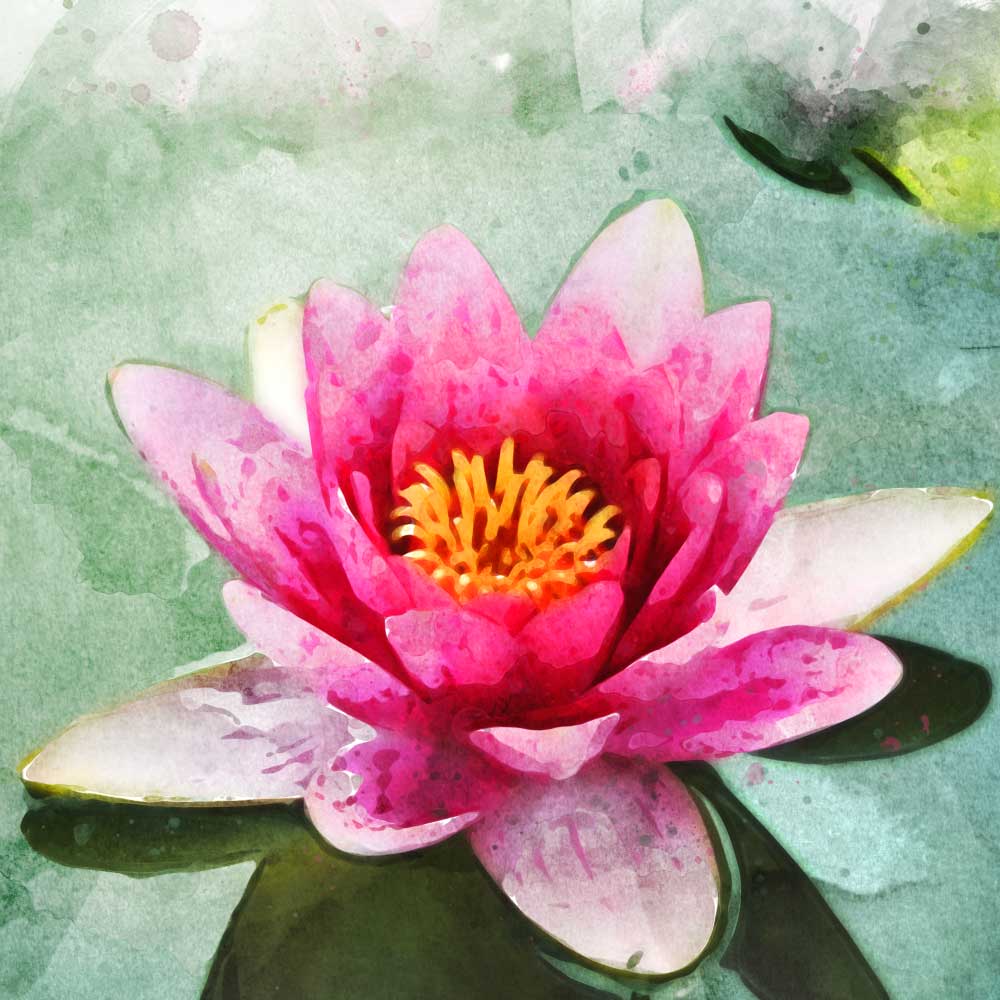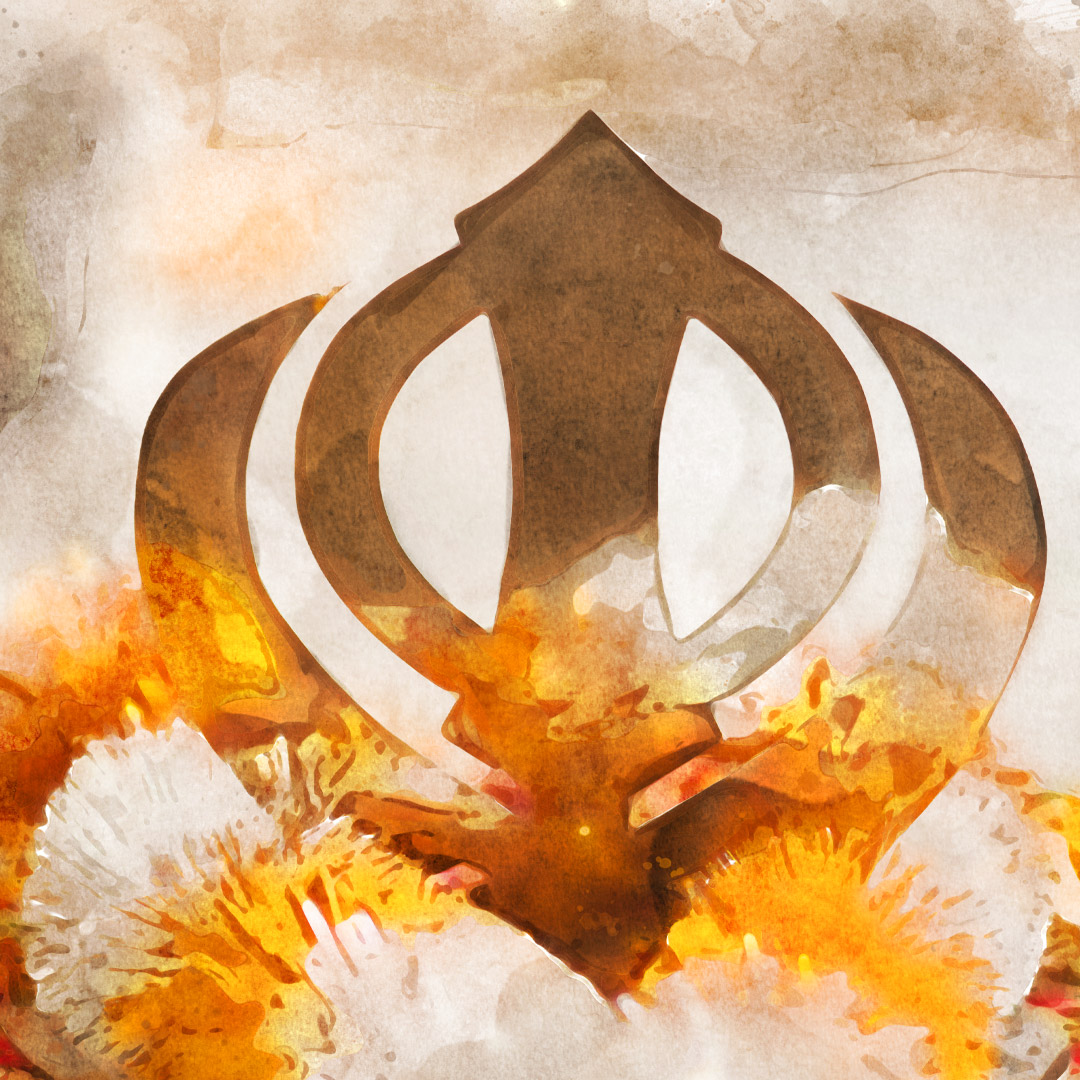Chant in Sanskrit | English transliteration | Meaning | Benefits | History
This famous chant has the potential to free you from bad karma and set you on your journey towards spiritual enlightenment.
Chant in Sanskrit
ॐ मणिपद्मे हूँ
Chant in English transliteration
Om Mani Padme Hum
Meaning of the chant
Om (sacred syllable in various Indian religions)
Mani (jewel)
Padme (lotus flower)
Hum (spirit of enlightenment)
The meaning of the six syllables are:
- Om: The sacred vibration of the universe, which purifies one’s ego and represents the divine energy
- Ma: It purifies jealousy and represents ethics
- Ni: It purifies desires and represents patience
- Pad: It purifies judgment and ignorance, and represents diligence
- Me: It purifies attachment and represents concentration
- Hum: It purifies hatred and represents wisdom
Benefits of the chant
Known as the Compassion Buddha mantra, Om Mani Padme Hum is one of the most powerful mantras in the world. Chanting this mantra does not require you to know everything about Dharma, as it is considered to be the essence and purest form of any Dharma. If you can detach yourself from your worldly desires, you may be truly happy by chanting this mantra. As per a research paper(1), chanting this mantra can bring about favorable physiological responses, like improved short-term memory, enhanced mental activity, and better cognitive function.
Om Mani Padme Hum is considered to be such a powerful mantra that if you chant this once, you may be able to achieve enlightenment and free yourself from all bad karma. The benefits of chanting this mantra are limitless. However, certain benefits are traditionally believed. These include:
- You will meet spiritual leaders in your every life who will help you practice Dharma
- Each of your birth will be in a place where Dharma is prevalent, so you can practice it without any struggle
- You will come in contact with true virtuous friends
- Your body will be strong enough to lead you to enlightenment
- Your sense of morality will be strong
- You will have enough wealth to lead a comfortable life and the wealth will never be taken away by thieves
- You will be served and protected by others
- Your success will be guaranteed whichever path you choose
- You will be able to practice Dharma and understand its true meaning
- You will always remain on the pathway of virtue
- You will always have every opportunity and condition that allows you to practice meditation
History of the chant
The oldest mention of Om Mani Padme Hum can be seen in Kāraṇḍavyūhasūtra, which is a part of certain Mahayana canons, like the Tibetan. Shakyamuni Buddha states “This is the most beneficial mantra. Even I made this aspiration to all the million Buddhas and subsequently received this teaching from Buddha Amitabha”. According to the Kāraṇḍavyūhasūtra, the Om Mani Padme Hum mantra is also the expression of all 84,000 Dharmas. According to the sutra, this mantra is the means of liberation.
Important information about the chant
The six syllables of the Om Mani Padme Hum represent different objectives of the Buddhist way of life. It is believed that all of Buddha’s teachings are combined in this single mantra.
References
- A comparative study of frequencies of a Buddhist mantra – Om Mani Padme Hum and a Hindu mantra -Om Namah Shivaya:
https://www.researchgate.net/publication/301680304_A_comparative_study_of_frequencies_of_a_Buddhist_mantra_-_Om_Mani_Padme_Hum_and_a_Hindu_mantra_-Om_Namah_Shivaya






